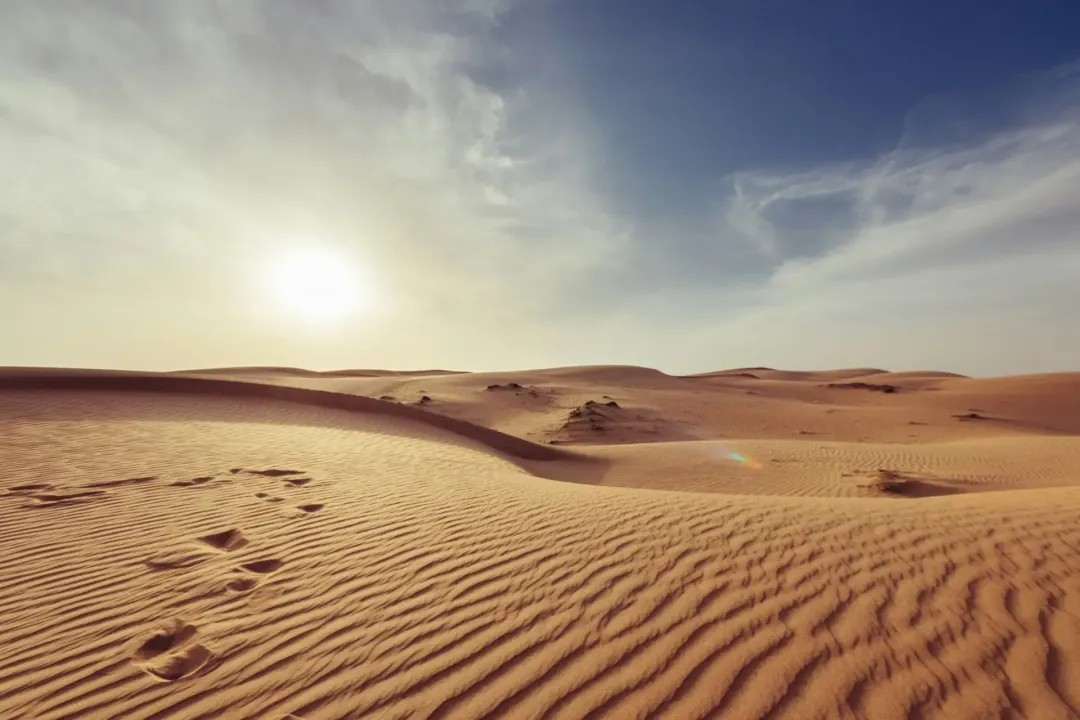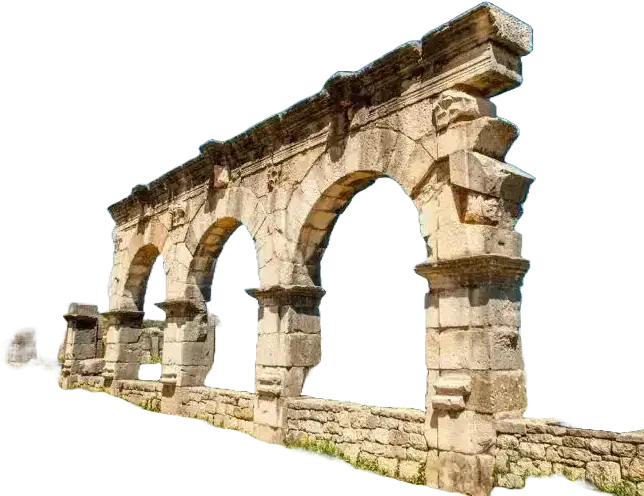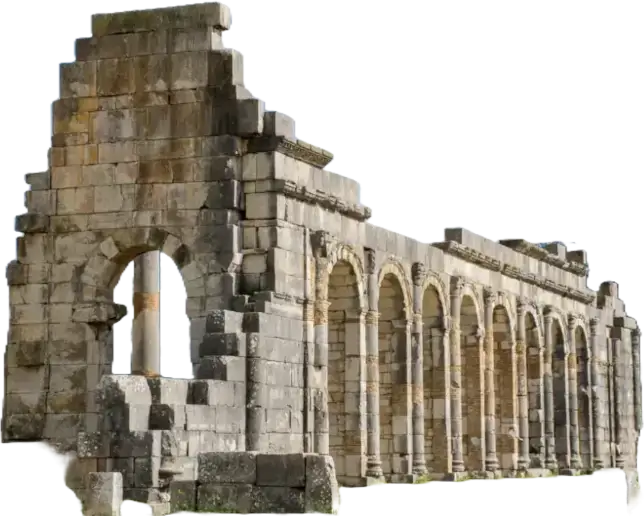North African countries continue to follow increasingly divergent paths and defy discernible regional trends. Each country is following a different political trajectory and their oil and gas sectors continue to diverge. If there is one commonality, it is increased threats posed by ISIS supporters. But even then, this differs from one country to the next.
Politics
Libya
The notion of a political process in a united Libya is dead. Instead, there are competing political processes that are likely to each inherit some portion of the country but are both unable to control its entirety. The international community is clinging to the shard of hope that the Constitutional Committee in Bayda can step in as a technocratic crisis government, but even if this were to come to pass, it is less than an ideal solution because the Constitutional Committee falls far short of representing all Libyans. Instead, Libya will continue to fracture along regional and ideological lines, with increasing levels of violence and decreasing security.
Tunisia
Following on the heels of the parliamentary elections that resulted in a strong – but not definitive – showing by the secular Nidaa Tounes party, Tunisia is heading into the second round of presidential elections, with Nidaa Tounes’ Beji Caid Essebsi facing off against Moncef Marzouki. There is a strong likelihood that if Caid Essebsi wins that he will urge his party to reach across “the aisle” and support a prime minister from among the other coalition parties. However, there remains the possibility that Ennahda and Nidaa Tounes will still end up at loggerheads. After all, a similar political impasse led to the January 2014 appointment of the outgoing technocratic government.
Algeria
After yet another French hospital stay, President Abdelaziz Bouteflika has once again silenced chicken littles that claimed the sky was falling. Bouteflika decamped to Grenoble for unspecified treatment, but subsequently returned to Algiers after only several days. (More morbid Algeria watchers were confident that Bouteflika was condition was not serious because he did not go to Val de Grâce in Paris.) His return, however, has not reinvigorated Algiers’ political life, which is still in a state of suspended animation. It is neither bad nor good. Could it be better? Yes. Could it be worse? Yes.
Morocco
With Morocco’s domestic house in order except for the waxing and waning tensions between Istiqlal and the PJD, Rabat has shifted its attention to diplomatic initiatives. While its decision to withdraw from hosting the African Cup of Nations reversed some of Rabat’s recent progress asserting its influence in West Africa, Rabat’s priority is to deepen ties with GCC states. King Mohamed VI visited Abu Dhabi to mark the UAE’s National Day, but the broader message of strengthening relations with other anti-ISIS Arab monarchies came across loud and clear.
Security
Libya
As Operations Dawn and Dignity duke it out in Libya – fighting over Benghazi and feeling out the first phases of the Second Battle for Tripoli – ISIS supporters in eastern Libya have dug in, establishing a de facto autonomous territory that recognizes neither the dissolved House of Representatives in Tobruk nor the National Salvation Government in Tripoli. Leadership in Darna is trying to follow ISIS’s Iraq and Syria template: establish law and order, create courts, and engage in an aggressive PR campaign to woo supporters and assuage critics. Neither Dawn nor Dignity seems willing to kick the hornets’ nest and Libya’s ISIS problem is sure to worsen well into 2015.
Tunisia
Tunisia too seems to be suffering from the ISIS effect, but to a much lesser degree than Libya. In what is becoming ISIS supporters’ gruesome signature, a Tunisian police officer was found beheaded on 1 December 50km from the Algerian border. The attack is just the most recent manifestation of jihadi violence in Tunisia, which has steadily increased over the last 12 months. Jihadi violence is without question a worrying sign, but it in no way poses an existential threat to Tunisia. This is especially the case because security services’ counter-terrorism capacity is likely to increase more quickly than the threat itself.
Algeria
Algeria’s own experience with ISIS sympathizers mirrors Tunisia’s, with the formation of the ISIS-allied Jund al-Khilafa fi Ard al-Djazair in September whose first act was to kidnap and behead Hervé Gourdel, a French hiker. Algerian security services claimed to have killed one of Gourdel’s murderers but have not provided details regarding the perpetrator’s identity or the site of his death. And if scattered graffiti can be taken as meaningful evidence, support for ISIS may be creeping into Algiers itself. This, however, is not Algeria’s first go-round with terrorism and the threat it poses there is significantly less than in Tunisia.
Morocco
Morocco is not immune to the ISIS problem either. Moroccan security services have made no secret of their concern that more than 1500 Moroccans have gone to fight for ISIS. A recent study by a Moroccan NGO showed that at least 67% of the “foreign fighters” came from northern Morocco (Tangier: 16.6%; Fes: 15%; Casablanca: 13.8%; Tetouan: 13.4%; Salé: 9%). Morocco is also trying to play a greater role combating ISIS downrange, including sending F-16 fighter jets to carry out bombing sorties in Iraq and hosting a meeting of an anti-ISIS coalition in Marrakech on 15 December. That being said, rigorous domestic law enforcement capability severely limit the actual ISIS threat in Morocco.
Oil
Libya
Confusion reigns in Libya’s oil sector. It is uncertain who is in charge of the NOC. The government in Tripoli has retained the Ministry of Oil and Gas which it first created in November 2012. The government in Tobruk, however, has done away with the MoOG and restored the organizational structure that was in place during the final years of the Qadhafi regime. Production remains wobbly, with the disruptive protests that characterized the first half of 2014 having returned. There is no reason to think that the situation will improve in 2015. In fact, challenges to ownership of Libyan oil increasingly look imminent and protests, sit-ins, and blockades look likely to become more frequent, keeping production in the 300kbpd-500kbpd range through 1Q15.
Tunisia
Tunisia continues to take baby steps to develop its oil and gas sector, largely because there are only small finds to be made. There are no indications that the sector’s profile will change under the incoming political leadership. If anything the new parliament could actually speed up some permitting issues, but even then, doing so would only restore the sector to where it was in the immediate aftermath of the revolution rather than propel it significantly forward. However, because Tunisia’s hydrocarbons sector is so small when compared with Algeria and Libya, it is largely apolitical.
Algeria
Algeria is still looking for the right path between the country’s institutional and political constraints and the need to make the hydrocarbons sector more attractive in order to raise oil and gas production levels. The head of Algeria’s hydrocarbons regulatory agency indicated that Algeria would hold another oil and gas licensing round next year. But while there has been talk about easing foreign investment terms (such as dropping the current 51/49 rule), these would not apply to the hydrocarbons sector. In light of that, Algeria’s only option may be to put exceptionally prospective acreage up for auction, but its ability to do that is curtailed by political commitment to preserving the country’s “natural patrimony” for future generations.
Morocco
Morocco is making steady progress developing its exploration portfolio, with Woodside the latest to join the offshore exploration push. Everyone is watching closely to see if next year will be Morocco’s breakout year. Domestic production even in small volumes in conjunction with falling crude prices could materially contribute to improved economic conditions in 2015, which would only build on Morocco’s recent political, diplomatic and economic successes.


